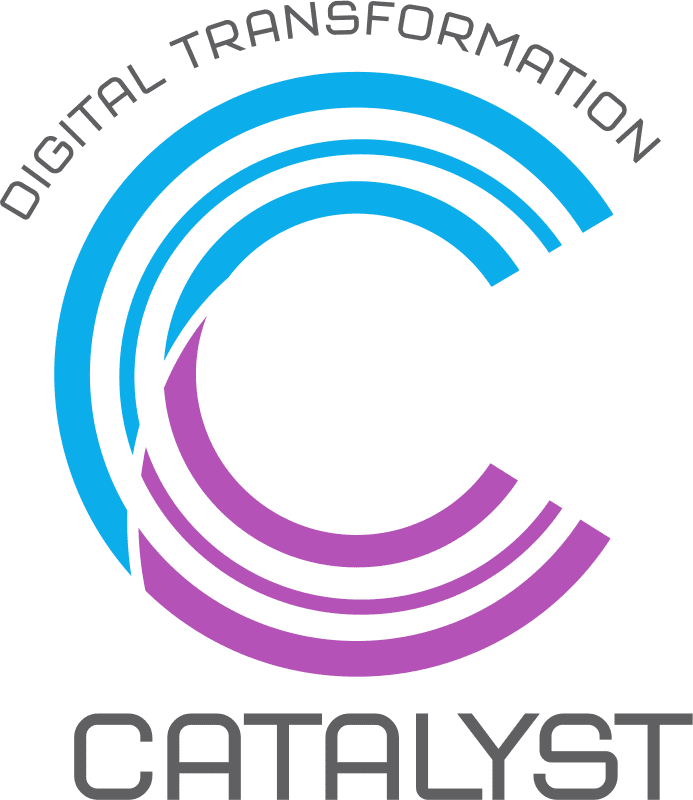Cost-Effective Ways of Digital Transformation for Your Business
Can small or medium-sized businesses end up defining the appropriate digital transformation practices which can save costs? Is there a possibility for building a robust digital transformation strategy that is realistic and does consider the goals of an organisation? How is it possible to significantly transform the business and increase productivity?
These are just some of the questions which founders and CFOs are sceptical about and doubt the cost of digital transformation when they try to unfold about how this digital transformation journey can be cost-effective for businesses
Why is Digital Transformation A Crucial Aspect For Modern Business?

Digital transformation is a crucial aspect of every modern-day business as it helps companies stay ahead of the curve in an increasingly digital world. However, the cost of digital transformation can be high if not executed properly and many businesses struggle to balance the costs of these initiatives with the need to stay competitive. But there are ways to ensure that a business’ digital transformation journey is not only cost-effective but also efficient in terms of final output.
5 Cost Effective Ways of Digital Transformation

Here, we’ll explore 5 ways to reduce digital transformation cost in your business.
Businesses Need To Prioritise Their Initiatives:
Before investing in digital transformation, it is important to prioritise the initiatives that will provide the greatest value to your business. Not every process needs a rejiging, not every business needs a complete suite of technology. For some, it might be cost whereas for some it might be TAT, and for others, it might just be productivity per unit.
Start by identifying the areas of your business that can benefit the most from digital transformation, and then focus on those initiatives that are most critical to your success.
Leveraging of Existing Technology Is A Must:
Every modern business already has some digital tools and processes set up within the business already. Instead of building a completely new solution using a fresh set of building blocks, it is often best to see which processes can be integrated in its current form / improvised with minor tweaks and save a bomb on fresh processes and technology.
Instead of starting from scratch, leverage existing technology to reduce the cost of digital transformation. For example –
Partner With A Digital Transformation Consultant:
Partnering with an experienced consultant can help reduce the cost of digital transformation simply by understanding the exact design architecture of the solution needed and incorporation only what is necessary.
Additionally, onboarding a consultant for the process can expedite the digital transformation significantly and hence reduce the cost to business due to ayu unwarranted pauses. Want to get on a consultation call? Write to the best digital transformation consultant and learn how we have helped companies like yours to achieve success in a smart and sustainable way.

Invest In Training and Education For Upskilling:
Investing in training and education is key to reducing the cost of digital transformation in your business. Digital transformation requires new skills and knowledge, and it is important to ensure that your employees have the necessary training and education to effectively use the new tools and technologies.
Investing in training and education can also help you avoid costly mistakes and ensure that your digital transformation initiatives are successful. In the end, even the cheapest technology – not getting used – is a waste of money.
Process-based Cost Mapping:
Every business process is a cost-centre. So accordingly, every process optimization should lead to cost minimization at a unit level. By focusing on net savings per implementation on an annual basis by outlining the best practices to optimise the solution, efficiency can help businesses meet their cost benchmarks in the long run.
Transform Your Business Digitally With Our Assistance

Digital transformation can be a costly undertaking, but there are a variety of ways to reduce the cost of these initiatives. Mentioned above are only 5 out of many ways known to experienced digital transformation professionals who would not only prioritize output efficiency but also cost minimization at every step and make the whole investment worth the effort.
FAQs
Some key considerations for cost-effective digital transformation include leveraging existing digital assets and technologies, optimising cloud-based solutions, embracing open-source software, and leveraging automation and AI technologies to streamline processes.
Prioritising digital transformation initiatives is critical to ensure cost-effectiveness. Businesses should assess the potential impact of each initiative on their business goals, customer needs, and competitive advantage. Initiatives that align with strategic priorities and have a higher likelihood of delivering significant benefits should be prioritised.
Data-driven decision-making is crucial for cost-effective digital transformation. It helps businesses identify opportunities for optimization, uncover inefficiencies, and validate the impact of digital initiatives. By leveraging data and analytics, businesses can make informed decisions about where to allocate resources, prioritise initiatives, and optimise processes to ensure cost effectiveness.
Businesses can ensure cost-effective talent management during digital transformation by aligning their workforce strategy with their digital transformation goals. This includes identifying the skills and expertise required for digital initiatives, developing a comprehensive talent acquisition and retention plan, and providing relevant training and development opportunities to existing employees.
Change management is a critical aspect of ensuring cost-effective digital transformation. By effectively managing change, businesses can reduce employee resistance, minimise disruption, and optimise resource utilisation during the transformation process. Change management involves effective communication, training and development programs, involving employees in the decision-making process, and addressing concerns and challenges that arise during the transformation journey.


